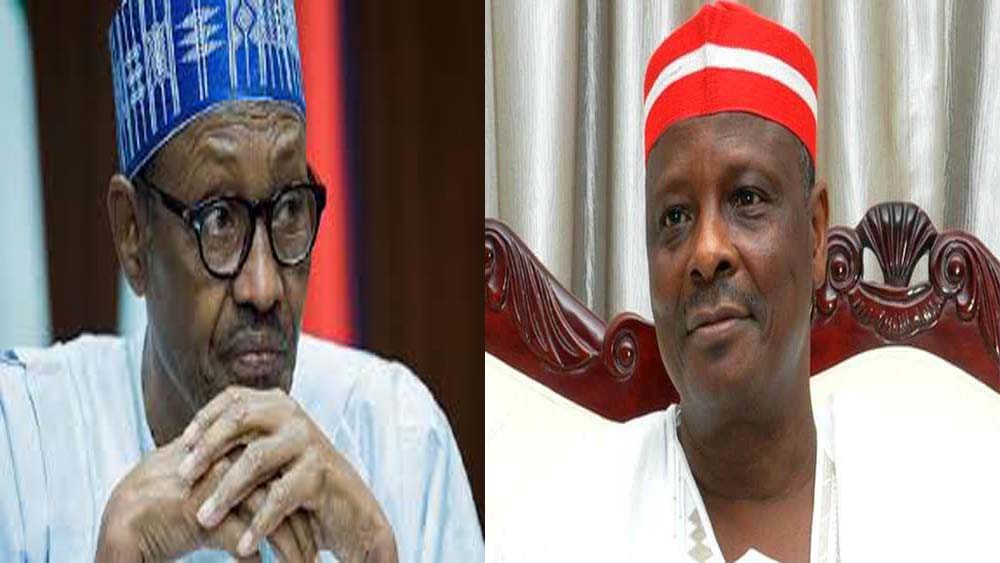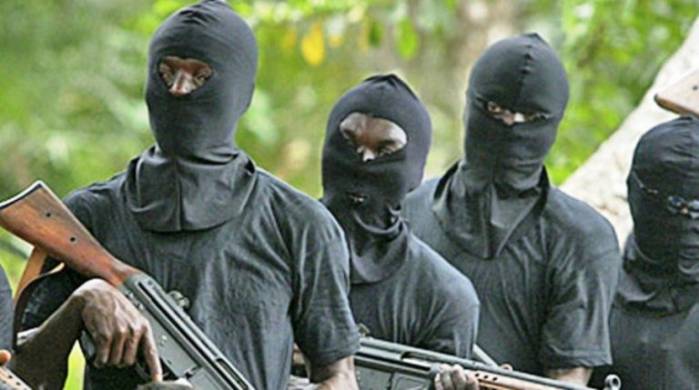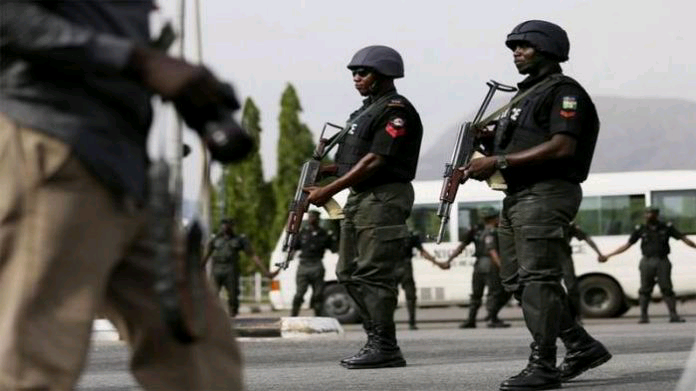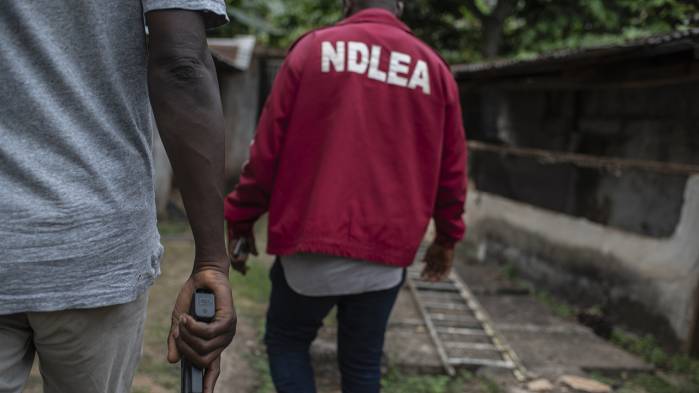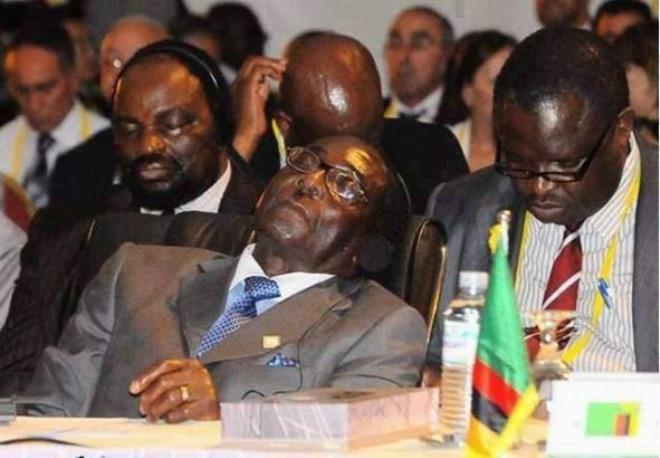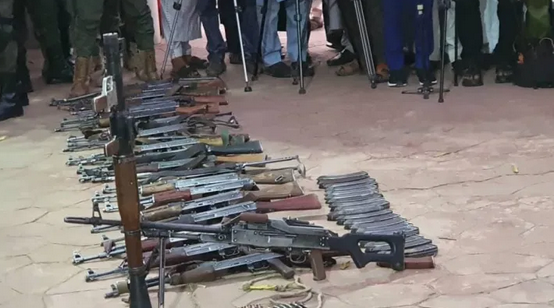Senator Rabiu Musa Kwankwaso is not one to shy away from baring his mind on national issues. That was why his silence was a source of discomfort for members of the All Progressives Congress, APC. As a result of his disturbing silence, his name sprang up whenever and wherever analysts discussed possible defectors from the APC. However, he broke his silence last year by declaring his intention to run for office of the president come 2019. Given the fact that Buhari would almost get an automatic ticket, it was clear to many that Kwankwaso’s declaration meant that he would leave the party in order to achieve his dream. And so he did.
Two weeks ago, the former Kano State governor announced his defection from the APC back to the Peoples Democratic Party, PDP. Before he decamped, sources close to him revealed to The Next Edition that he was observing the political situation and making wide consultations.
Kwankwaso’s presidential ambition dates back to 2014 when he contested against a former Vice President, Atiku Abubakar and Muhammadu Buhari for the presidential ticket of the APC. To the surprise of many, Kwankwaso came second in an election touted as a contest between Buhari and Atiku.
Like Atiku, Kwankwaso was also kept at arm’s length by the President. According to a reliable source, the reason for that was that both politicians were seen as Buhari’s main opposition within the APC. Governor Nasir El-rufai of Kaduna State gave credence to what many perceived as the sidelining of some APC bigwigs including Kwankwaso in his letter to Buhari in 2016.
He wrote: “Mr. President, Sir, your relationship with the national leadership of the party, both the formal (NWC) and informal (Asiwaju Bola Tinubu, Atiku Abubakar, Rabiu Musa Kwankwaso), and former Governors of ANPP, PDP (that joined us) and ACN, is perceived by most observers to be at best frosty. Many of them are aggrieved due to what they consider total absence of consultations with them on your part and those you have assigned such duties.”
Before he joined the PDP, he declared his intention to run for president as a member of the APC. Going by remarks of members of the ruling party, including its immediate past national chairman, Chief John Odigie-Oyegun, it was evident that anyone who tries to contest with Buhari for the ticket would fail. It is believed that one of the reasons his relationship with his state governor, Abdullahi Ganduje of Kano became frosty is the former governor’s presidential ambition.
Ganduje is doing all within his powers to protect the political interest of President Buhari in Kano.However, political analysts see that as a move which may be detrimental to Ganduje’s re-election bid. The governor’s actions may backfire as his former boss is very popular in Kano. Kwankwaso is a thoroughbred Kano politician. He has experience in the civil service and politics. He was the deputy speaker of the House of Representatives in 1992 and delegate to the Constitutional Conference in 1994. The former minister of defence got to power in 2011 with a strong political ideology anchored on the Kwankwasiyya Movement, which is often identified with their red cap.
Kwankwaso has strong support among the APC and PDP governors in the North. The Kwankwasiyya Ambassadors of Nigeria, a group backing his presidential aspiration, though based in Kano State, is a strong political force that has its members in all parts of Nigeria.The Next Edition gathered that like Buhari, Kwankwaso also has a cult-like following.
Speaking with The Next Edition, Abdullahi Idris, a member of the Kwankwasiyya movement in Agege, Lagos said Kwankwaso was the reason they joined the APC and now that he has gone back to the PDP, they are left with no choice than to follow him. “Wherever he goes, we follow,” Idris said.
Asked what they would do if he does not emerge as the presidential candidate of PDP, he said: “If he does not become the flag bearer of PDP, then we will support anyone he asks us to support. There is no Hausa/Fulani community in any part of Nigeria that does not have the Kwankwasiyya comrades. We are everywhere and in 2019, our impact will be felt.”
In a similar vein, a political analyst from Kano, Mr. Yunusa Bala Tafida, told The Next Edition that, “In 2015, Buhari benefitted from Kwankwaso’s popularity in Kano. Ganduje also rode on Kwankwaso’s popularity in Kano to become governor. Without the support of Kwankwaso, there is no way he would have been governor of Kano State and Buhari would not have gotten over 1.5 million votes there.”
READ ALSO: Konta stuns Serena Williams in San Jose
Ganduje was his deputy for two terms. He was his deputy from 2003 to 2007 and from 2011 to 2015. Looking at the bigger picture, one of his major problems is that he does not seem to have political structures beyond Kano State that can support an effective presidential campaign. He has no national support-base and he is perceived in many quarters as a sectional leader. However, his political influence in northern Nigeria cannot be taken for granted or shoved aside. He is cool calm and collected. Whatever he does is carefully planned.
He was one of the five governors that defected from PDP to the APC in 2013. That move destabilized the PDP. Today, he has done something similar which may also destabilize the APC, considering his popularity up North.
Political analysts may disagree on many issues, but one thing they all agree on is that with Kwakwanso’s latest move, it is impossible for Buhari to get 1.9 million votes in Kano the way he did in 2015.
